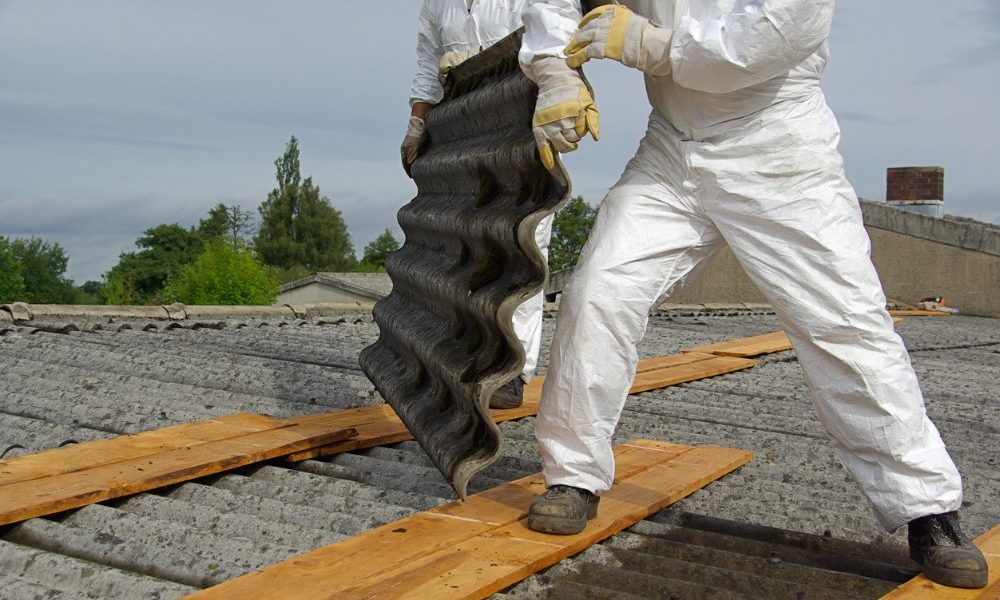
The Significance of an Asbestos Survey In Essex
In an incident involving a food company and their contractor, the repercussions of neglecting asbestos precautions were felt keenly. Asbestos, a silent and often deadly material, was unwittingly disturbed during construction activities. It was only by sheer chance that an asbestos removal contractor was called to the scene and identified the lurking danger. This case serves as a stark reminder of the imperative need for companies and contractors to prioritise the execution of asbestos surveys before embarking on any building project.
Understanding an Asbestos Survey
When dealing with asbestos-containing materials In Essex, whether they are confirmed or suspected, a crucial step in health and safety risk management is undertaking an assessment done by an asbestos survey Essex company. This thorough examination is a prerequisite before any work can commence in such an environment.
The primary objectives of an asbestos survey are threefold:
- Discovery of Asbestos: The survey seeks to pinpoint asbestos-containing materials and document their quantity and precise location.
- Assessment of Accessibility and Condition: It assesses the accessibility of asbestos and evaluates its condition, including the presence of any surface materials.
- Identifying the Type of Asbestos: The survey identifies the specific type of asbestos within the materials.
There exist two main categories of asbestos surveys:
Management Survey
A management survey aims to effectively manage the potential risks posed by asbestos-containing materials in the everyday use of premises. It aims to avoid accidental disturbance of these materials, preventing any harm to individuals due to asbestos exposure.
Refurbishment/Demolition Survey
This survey comes into play when substantial work is planned for a property or demolition is on the horizon. Typically, a certified surveyor is tasked with conducting this comprehensive examination. Its key objectives are twofold:
- Ensuring the safety of all involved parties during work on asbestos-containing materials.
- Ensuring that the appropriate contractor executes the necessary work following proper procedures.
The Critical Importance of an Asbestos Survey
In the recent legal case involving Mizkan Euro Ltd, a food company, and DH Welton, their contracted partner, the Stafford Crown Court was confronted with a stark truth – neither company had commissioned an asbestos survey before commencing work. Their project involved the demolition of an external wall to remove some tanks from the factory.
The absence of proper risk management in the form of a comprehensive survey proved catastrophic. When demolished, the wall shattered an asbestos insulation board at its summit. Subsequent investigation of demolition debris in a skip revealed the presence of asbestos. An asbestos contractor was called to the site and identified the risk.
For the project to have proceeded safely and in compliance with regulations, a licensed asbestos removal contractor should have been engaged to eradicate the asbestos, employing stringent safety measures before any demolition took place.
Mizkan Euro Ltd and DH Welton were found guilty of breaching sections 2(1) and 3(1) of the Health and Safety at Work Act, signifying their failure to conduct a thorough risk assessment. DH Welton also transgressed regulation 5(1)(a) of the Control of Asbestos Regulations 2012. This regulation necessitates that employers ascertain the presence of asbestos and determine its type and condition before any building or maintenance work that could disturb asbestos begins. Furthermore, it outlines the obligation to survey cases where information regarding asbestos presence in the premises is either incomplete or deemed unreliable.
Consequently, Mizkan Euro Ltd incurred a substantial fine of £120,000, while DH Welton faced a fine of £45,000. Both parties were also charged additional costs.
Wrapping It Up
The idea of conducting an asbestos survey may sometimes seem like an extra expenditure of time and resources, especially when the proposed task appears minor. However, as exemplified by the case mentioned above, the failure to execute a comprehensive risk assessment when working in proximity to asbestos-containing materials can lead to severe financial penalties imposed by the courts.
In essence, it serves as a reminder that neglecting the importance of an asbestos survey can prove far more costly than the effort it takes to ensure safety and compliance. Ultimately, the well-being of all involved parties should always be the paramount concern when dealing with the potential hazards of asbestos.
